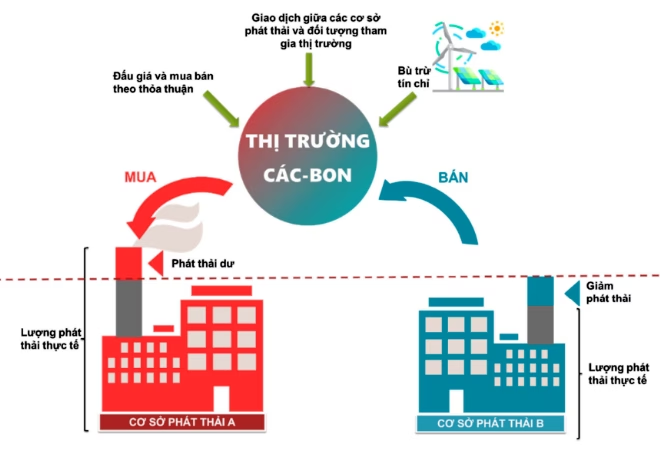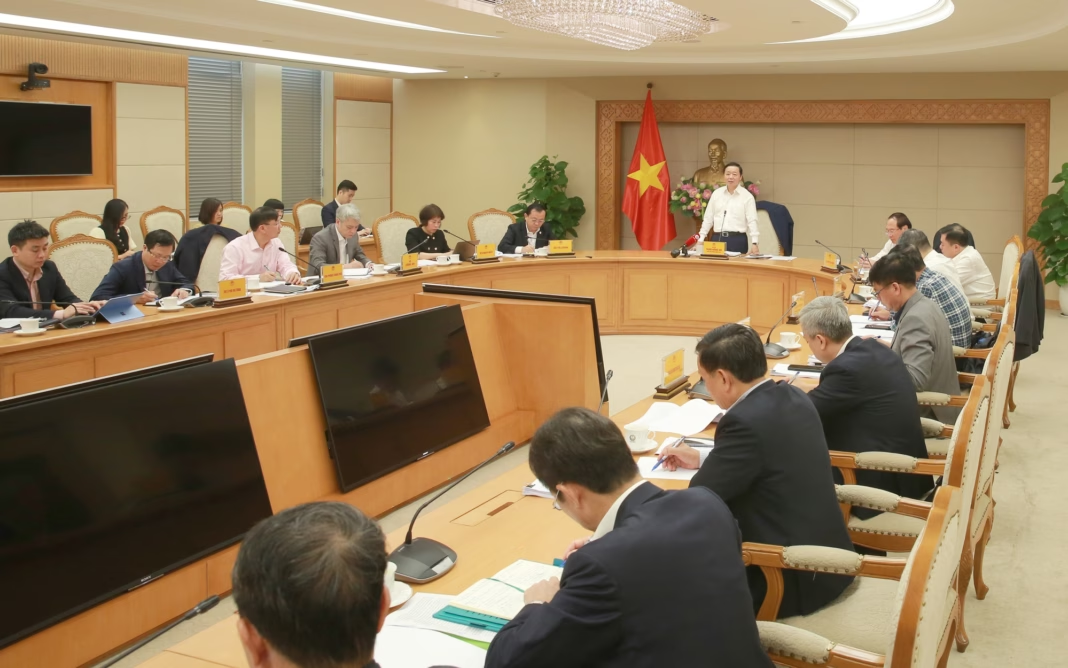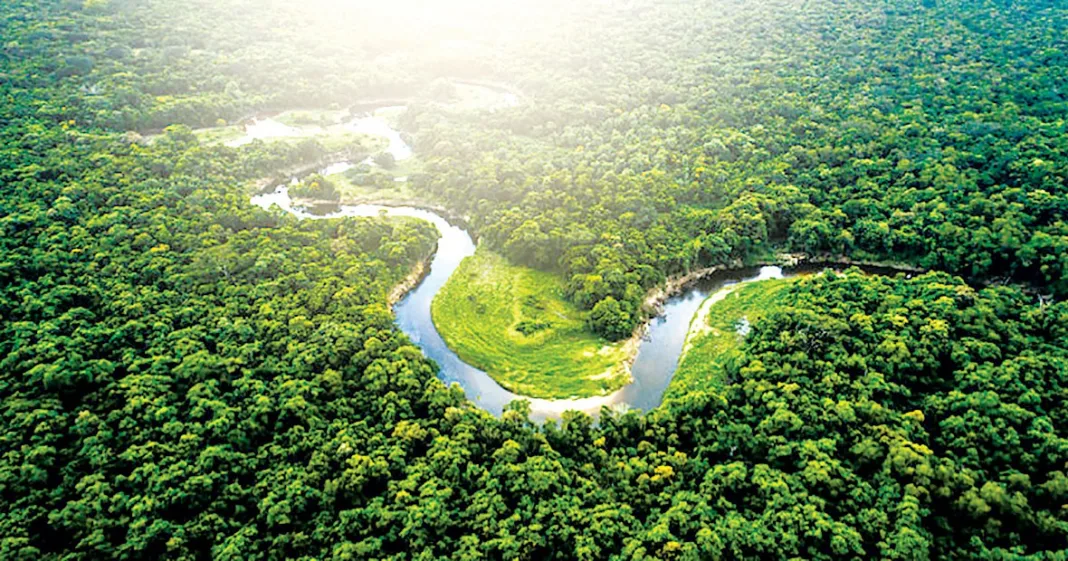During the pilot phase, only about 150 enterprises will be allocated quotas and participate in Vietnam’s carbon market.

Establishing a carbon market is a critical step for Vietnam to achieve its net-zero emissions target by 2050, a commitment made at the 26th United Nations Climate Change Conference of the Parties (COP26).
Key Sectors Targeted for Emissions Inventory
According to Mr. Nguyễn Thành Công, Deputy Head of the Department of Climate Change Economics and Information under the Ministry of Natural Resources and Environment, Decision 13/2024/QĐ-TTg identifies the sectors required to conduct greenhouse gas (GHG) inventories. These include energy, transportation, construction, industrial processes, agriculture, forestry, land use, and waste management.
The decision mandates 2,166 facilities to carry out GHG inventories. However, only major emitters, approximately 150 enterprises from industries like steel production, cement manufacturing, and thermal power generation, will be included in the pilot carbon market.
Free Allocation of Quotas in Pilot Phase
During the pilot phase, emission quotas will be fully allocated for free. Enterprises can use carbon credits to offset up to 20% of their allocated quota.
Carbon trading and offsetting activities within the country will follow three mechanisms:
- International carbon trading and offsetting under agreements or treaties between Vietnam and foreign parties.
- Carbon trading and offsetting within the framework of the United Nations Framework Convention on Climate Change (UNFCCC) and other international agreements to which Vietnam is a party.
- Other international carbon trading and offsetting mechanisms.
Roadmap for Implementation
The Department of Climate Change plans to begin quota allocation and pilot the emissions trading system (ETS) by June 2025. While the regulatory framework and roadmap are in place, further evaluation and detailed calculations are needed to ensure the system aligns with Vietnam’s developmental realities.
The Ministry of Natural Resources and Environment will oversee and manage activities such as quota trading, recovery, submission, and borrowing. Vietnam aims to officially launch its carbon market in 2028, with plans to integrate the domestic market with international and regional markets after 2030.
Building Awareness and International Cooperation
Experts highlight the need for Vietnam to standardize its policy framework and legal guidelines while raising awareness and understanding of the carbon credit market. Encouraging businesses to participate and strengthening international collaboration through global carbon mechanisms are also crucial steps to foster market development.
Vietnam’s carbon market is a significant move toward achieving its climate goals and integrating into the global carbon trading network. The pilot phase serves as a foundation for the country to refine its approach and set the stage for broader participation in international carbon markets.






